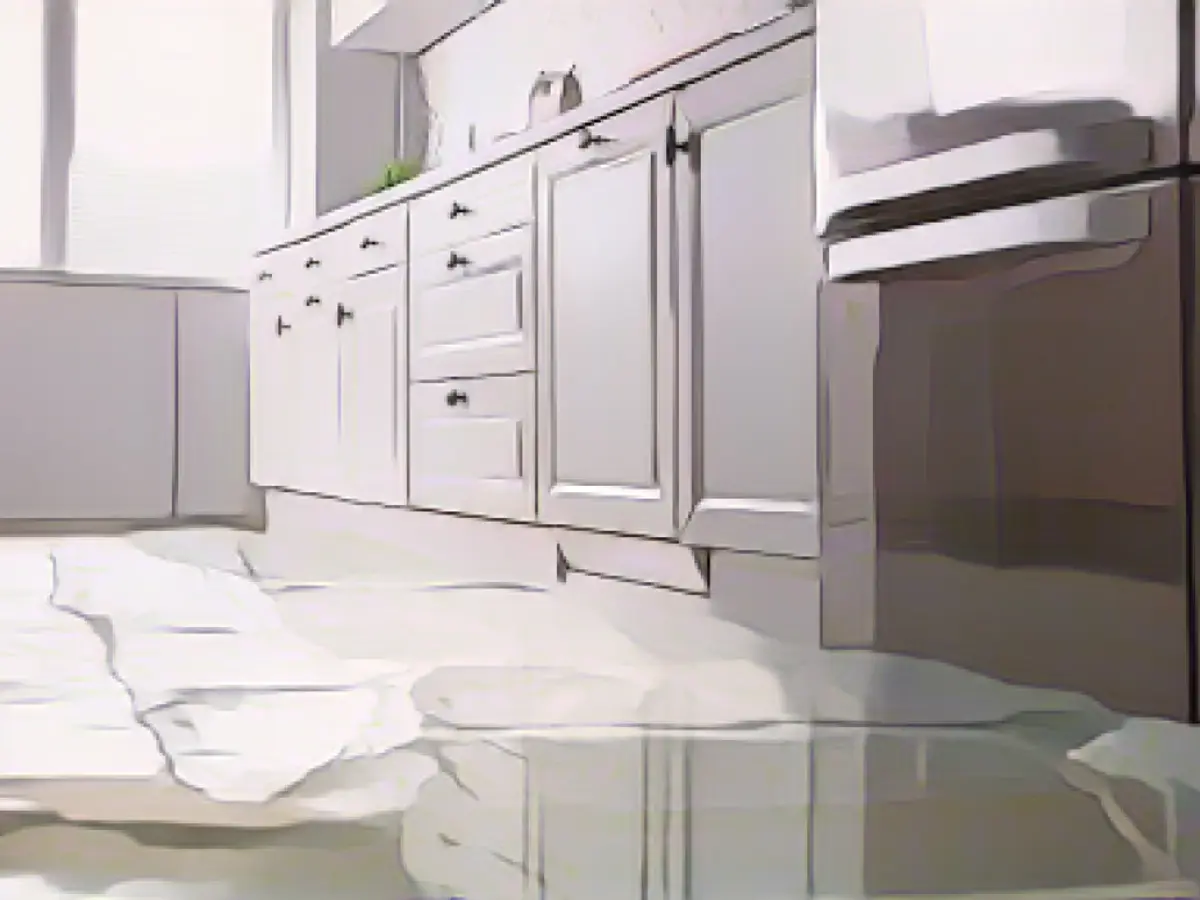Every homeowner should consider investing in a leak detector, and for good reason. Water damage in the U.S. accounts for nearly a quarter of home insurance claims, causing an average loss of $12,514 per claim. Although most insurance policies cover flood-induced water damage, they often fail to protect against damage caused by slow leaks or natural disasters.
Smart leak detectors are a reliable solution to these challenges. These devices detect moisture and, when triggered, send an alarm to your phone or email. When paired with an automatic shut-off valve, they can even prevent further damage once a leak is detected. To get the most out of your leak detector, it's important to place them strategically around your home.
- Under Sinks: Leaks under sinks, especially around the drain and faucet areas, are relatively common. Placing sensors here can quickly detect issues before they turn into major problems.
- Near Appliances: Areas around washing machines, dishwashers, refrigerators, and water heaters are prone to leaks. Installing sensors near these appliances will alert you to potential issues and help prevent water from causing costly damage.
- Toilets: Leaks in toilets, such as those from the flapper or fill valve, can be detected by placing sensors in these areas.
- Water Heaters: Installing sensors near water heaters can help identify leaks around the base of the heater before they cause extensive damage.
- Irrigation Systems: Outdoor leaks in irrigation systems, especially in underground sprinkler lines, can be detected by placing sensors in these areas.
- Near Plumbing Fixtures: Install sensors in general areas around plumbing fixtures, such as near pipes and valves, to better monitor for potential leaks.
- Smart Whole-House Systems: Consider installing a smart whole-house leak detection system that monitors water usage across the entire house. If a leak is detected, this system can automatically shut off the water supply to prevent further damage.
By implementing these leak detector placement strategies, homeowners can effectively minimize the risk of costly water damage and ensure early detection of potential leaks, so don’t wait until it’s too late. After all, prevention is the best cure for water damage issues.




